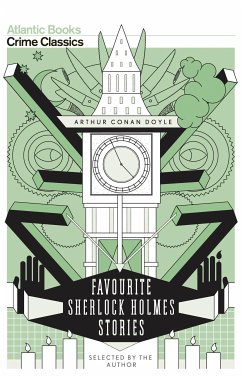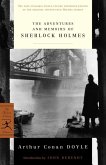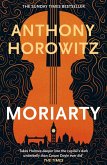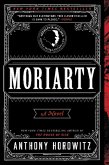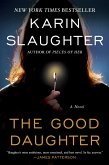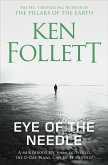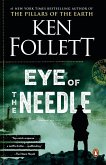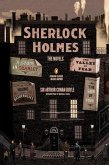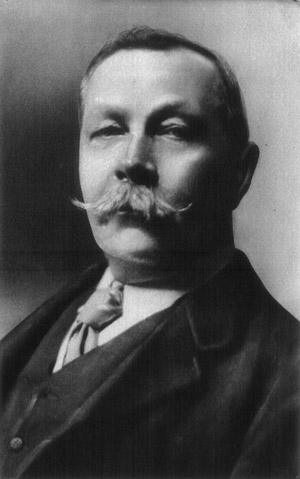In 1927, Strand magazine challenged its readers to guess which of his Sherlock Holmes stories Arthur Conan Doyle himself rated as his very best. (Mr R. T. Newman of Spring Hill, Wellingborough, won £100 for successfully guessing ten of the twelve stories correctly.) Doyle revealed his choice and, in his own inimitable way, explained his reasoning in an article for the magazine. The stories included 'The Speckled Band', 'The Final Problem' and 'The Dancing Men'.
Arthur Conan Doyle's favourite twelve Sherlock Holmes stories are now published together for the first time, with his original Strand article to introduce his own selection.
Dieser Download kann aus rechtlichen Gründen nur mit Rechnungsadresse in A, B, BG, CY, CZ, D, DK, EW, E, FIN, F, GR, H, IRL, I, LT, L, LR, M, NL, PL, P, R, S, SLO, SK ausgeliefert werden.

